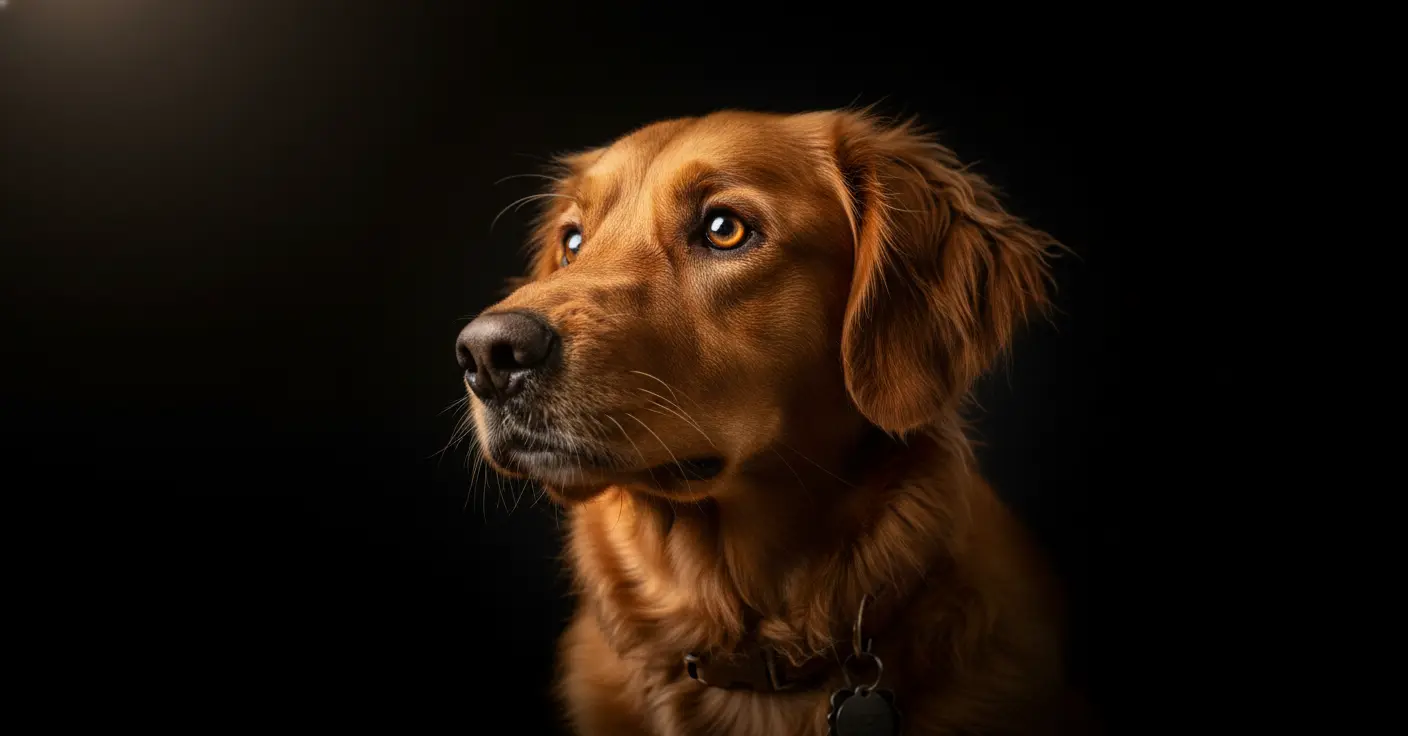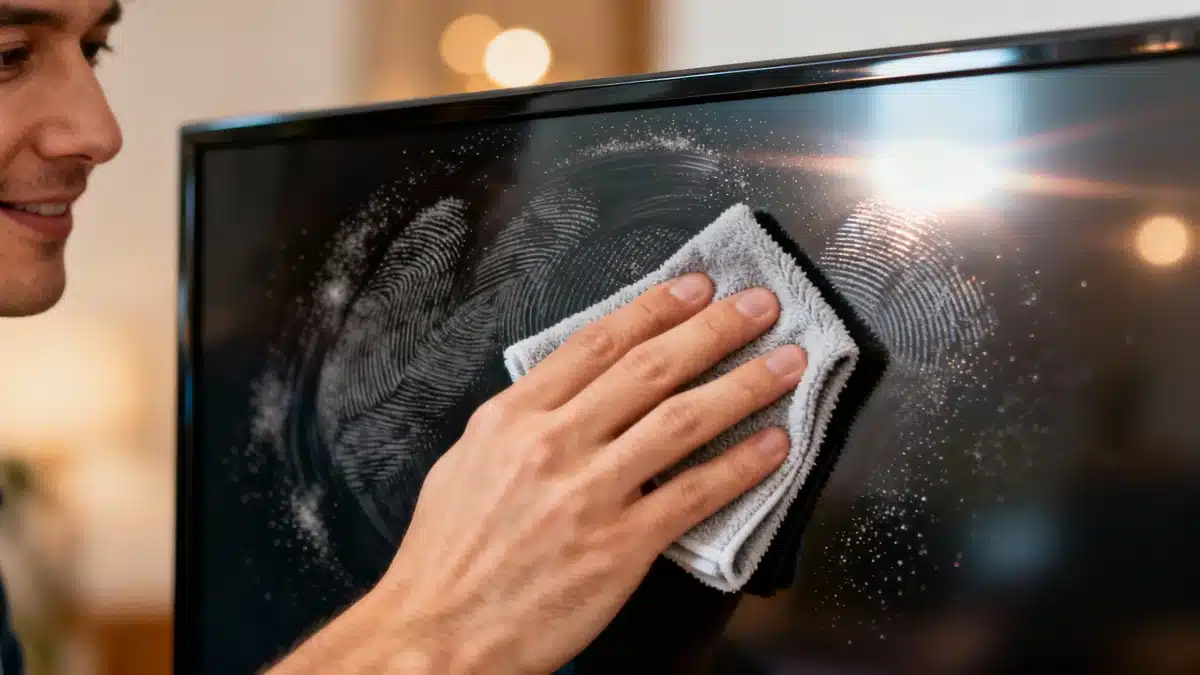Have you ever witnessed a dog suddenly bristle with aggression towards someone who, to you, seemed perfectly harmless—a friendly smile, maybe even a treat in hand, and yet the dog becomes a growling bodyguard? It’s not your imagination. Sometimes, our four-legged friends react in ways that mystify even their most loving owners. It leaves everyone scratching their heads (and maybe nervously backing away from the canine in question). But what if there’s a hidden sense at work—something far beyond our human perception?
Sniffing Out the Truth: A Real-Life Mystery
An American family’s strange encounter, as reported by Discover, brings this puzzle to life. When a man was just 12 years old, his dog erupted with wild, unmistakable agitation the moment a neighbor approached them in front of their house. The neighbor, for all appearances, was smiling and cheerful. Despite the friendly demeanor, the man ended up bolting back inside, hiding behind the door, and the neighbor beat a hasty retreat from the property. Odd? Definitely. Unexplainable? Not for long.
A few weeks later, the family learned something chilling: that neighbor they thought they barely knew had been arrested—for ten counts of child assault. Their dog, it seems, had picked up on something very strange, long before any human had a clue. This startling incident isn’t just a remarkable story. It’s a window into the canine superpower that mystifies scientists and reassures many pet owners: the mysterious, ultra-sensitive sense of smell.
The Nose Knows: Dogs’ Supercharged Sense of Smell
Studies are starting to illuminate why dogs act the way they do around some people. As anyone with a dog (or a sandwich) knows, canines live in a world defined by smell.
- Where humans sport a modest 5 to 6 million olfactory receptors, dogs are born boasting approximately 220 million—over 36 times more.
- Certain breeds go even further, reaching 300 million!
- Dogs detect scents at concentrations 50 times weaker than what humans can sense.
But it’s more than just numbers. Thanks to MRI scans, researchers have revealed that a whopping 10% of a dog’s brain is devoted to a specialized olfactory bulb (don’t expect a quiz on that at your next vet visit). Unlike our own chunky frontal lobes, this « olfactory bulb » is all about sniffing and sorting. Dogs don’t just catch a whiff—they record, register, and make sense of these invisible signals. It’s their way of collecting and archiving the scents of their world.
Mystery at the Door: When Smells Trigger Memories
This sensory scrapbook has real behavioral consequences. An animal behaviorist once found that in a group of visitors, only a few were on the receiving end of dog bites. Oddly, nothing obvious linked the bitten guests—except for scent. For instance, they’d all enjoyed pizza just a few hours earlier. Here’s the twist: turns out, a pizza delivery person had previously kicked a puppy in the household, sparking the resident dog’s defensive and aggressive response to anyone carrying that cheesy signature.
This shows dogs don’t just react to what’s visible. Aromas, for them, are loaded with past experiences, forming connections our noses (and logic) might miss entirely.
More Than Smell: The Chemistry of Emotion
The plot thickens. Beyond scent alone, dogs pick up on emotional and chemical signals—the swirling symphony of adrenaline, sweat, and body odor. Ever noticed your dog’s mood shift when you walk in anxious or frightened? You’re not just imagining it.
- Dogs can literally “smell fear.”
- A 2018 study with Labradors and Golden Retrievers found that dogs exposed to the scent of human fear displayed measurable stress responses.
- Some research even shows dogs can help veterans coping with post-traumatic stress disorder—proof that canine empathy operates on invisible but powerful wavelengths.
Isn’t it amazing? While we humans fumble with first impressions, dogs tune into the hidden chemistry of mood and memory. The next time your dog politely backs away (or not-so-politely barks) at someone, maybe don’t rush to apologize for their “rudeness.” Instead, give your dog a little credit—they might just be onto something we’ll never see, smell, or understand fully. To sum up: always trust your dog’s nose. They’re living, barking lie detectors and, frankly, they’re a lot more reliable than ours.

John is a curious mind who loves to write about diverse topics. Passionate about sharing his thoughts and perspectives, he enjoys sparking conversations and encouraging discovery. For him, every subject is an invitation to discuss and learn.





